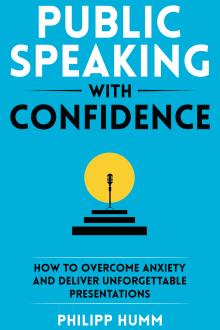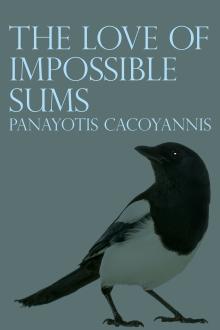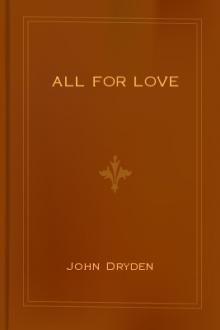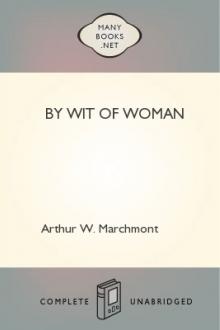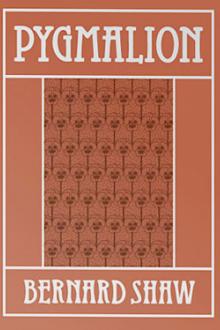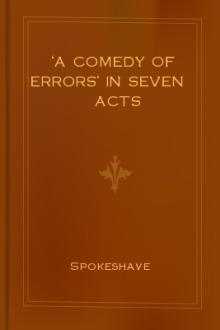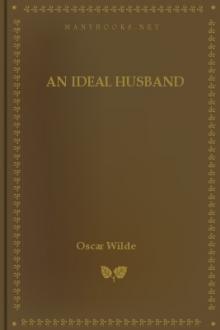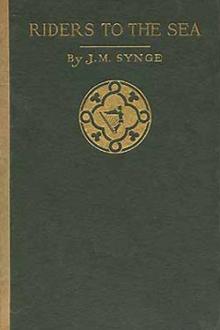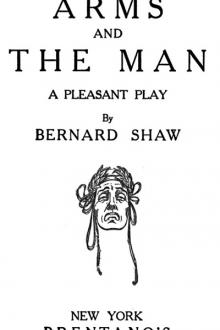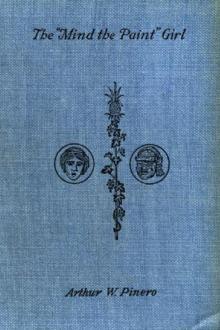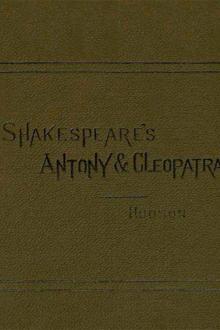The Mirror of Taste, and Dramatic Censor
The Mirror of Taste, and Dramatic Censor
Volume I, Number 3
Book Excerpt
ch in which he called "riches the summum bonum, and the admiration of gods and men." The poet stepped forward, reproved the audience for their hasty conclusion, and magisterially desired them to listen to the play with the silent attention that was due to it, and they would in the end find their error, as the catastrophe would show them the just punishment which attended the lovers of wealth. The last of these anecdotes is a proof of the moral excellence and chastity, which the Grecian poets were constrained to observe in their public compositions.
Of seventy-five tragedies which this admirable poet wrote and had represented, nineteen only are in existence. The best of those are his PHOENISSÆ, his ORESTES, MEDEA, ANDROMACHE, ELECTRA, IPHIGENIA IN AULIS, IPHIGENIA IN TAURIS, HERCULES, and the TROADES.
Euripides is particularly happy in expressing the passion of love, especially when it is exalted to the most lively, ardent tenderness. His pieces are not so perfect as those of
FREE EBOOKS AND DEALS
(view all)Popular books in Periodical, Drama
Readers reviews
0.0
LoginSign up
Be the first to review this book
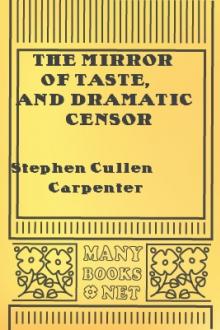
 Free Download
Free Download



